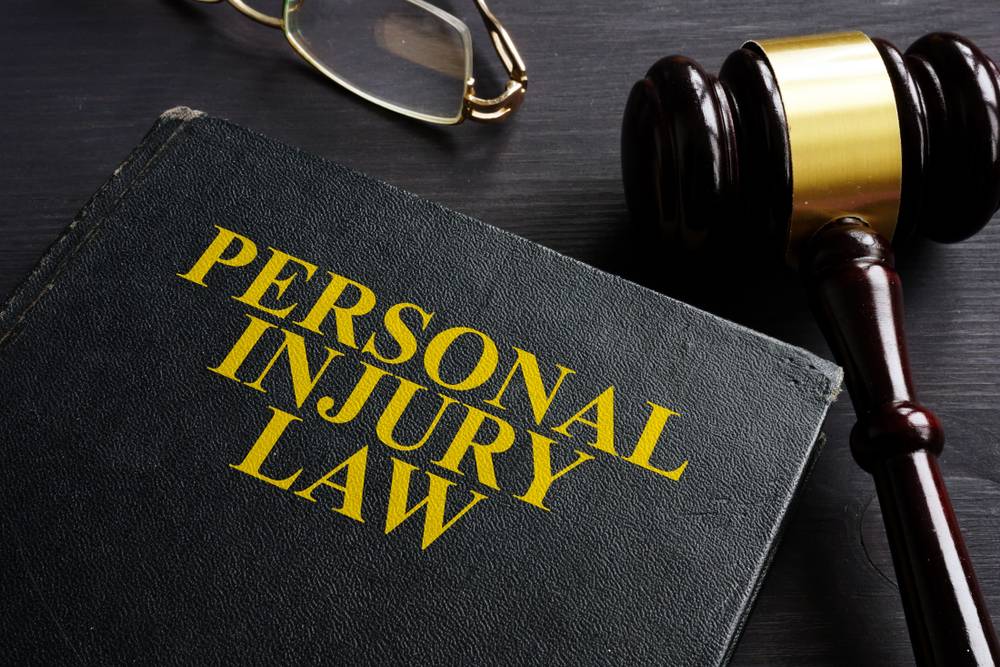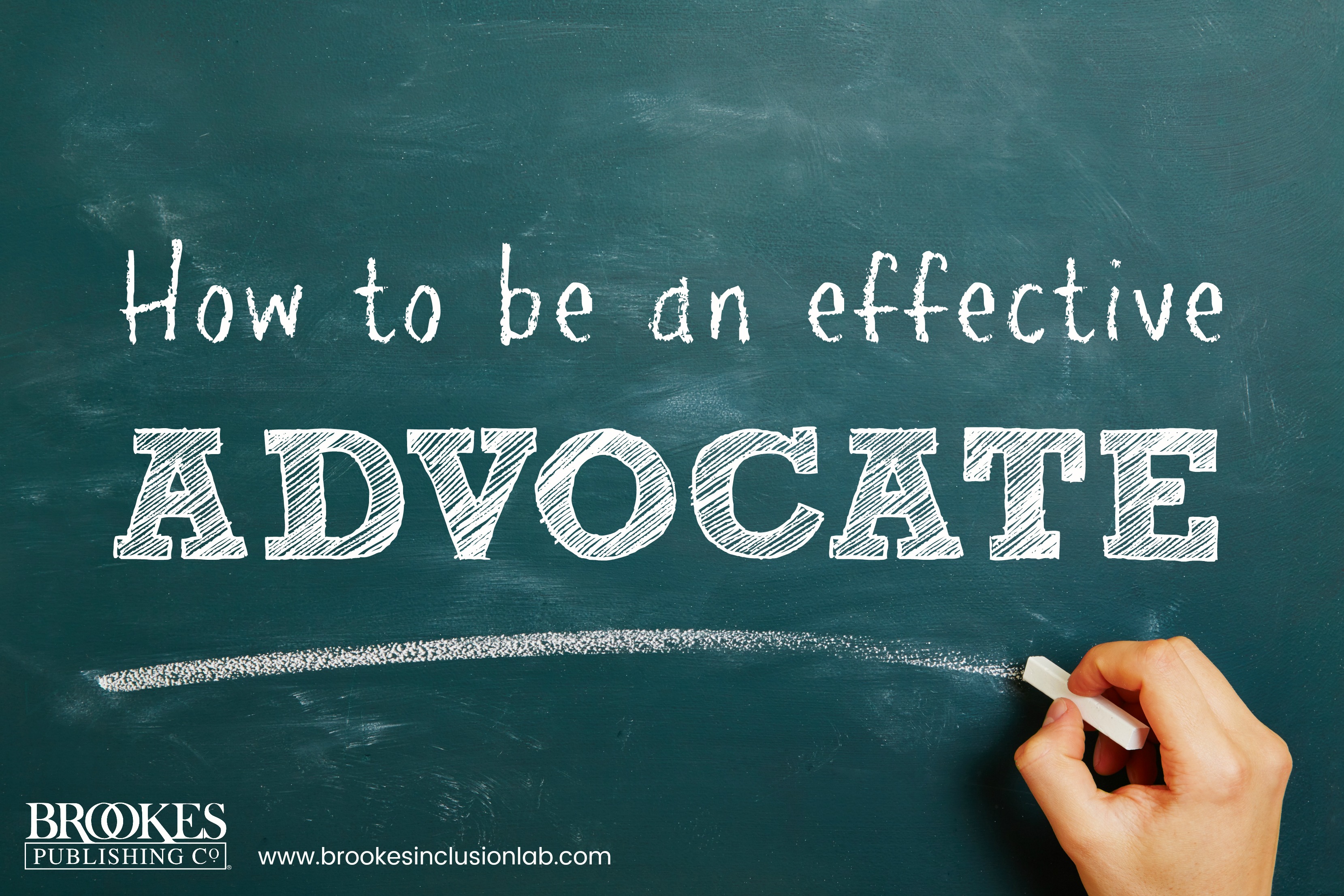What is eCommerce?
Electronic commerce (eCommerce) is the process of buying and selling goods and services over the Internet. The modern approach to doing business allows companies and entrepreneurs to expand markets and attract more customers. The main components of e-commerce are: a website, online trading platforms, payment systems, digital marketing strategies. There are different types of activities in e-commerce: online commerce, e-commerce, online platforms and online stores.
E-commerce covers a wide range of business models that use the Internet to conduct commercial activities. It involves selling solutions to customers and various forms of electronic interaction between businesses, consumers, government agencies. In this context, e-commerce includes B2B (business-to-business), B2C (business-to-consumer), C2C (consumer-to-consumer), C2B (consumer-to-business) models.
How does ecommerce work?
E-commerce uses various technologies and platforms to conduct business. The main steps include:
- Website creation. An online resource that presents a catalog of goods or services and provides the ability to place orders. An e-commerce site should be user-friendly, intuitive, and fast. It is important to ensure responsive design so that it displays correctly on all types of devices.
- Payment system integration. Providing secure and convenient payment methods for customers. This includes supporting various payment systems, such as credit cards, PayPal, bank transfers, and other payment methods.
- Marketing and promotion. Using SEO, content marketing, social media, and other tools to drive traffic to the site. An effective marketing strategy includes using keywords, creating quality content, running advertising campaigns, and analyzing the effectiveness of marketing activities.
- Order processing. After confirming an order, it is important to ensure quick processing: preparing the goods for shipment, organizing delivery, and providing customers with information to track their orders. This involves interaction with logistics partners and optimization of internal processes.
- Customer support. High-quality customer service includes providing online support, quickly resolving questions and problems that may arise both during and after the purchase. A high level of service helps to increase customer satisfaction and brand loyalty.
Ecommerce market
The e-commerce market is constantly growing by attracting new players and investors. In Ukraine, ecommerce is developing especially rapidly, due to the growth of Internet penetration and trust in online shopping. More and more entrepreneurs see the potential in e-commerce and strive to occupy their niche in this market. The development of logistics infrastructure and payment systems also contributes to the growth of the e-commerce market.
E-Commerce solutions
e-Commerce solutions include various tools and platforms that help entrepreneurs create and develop their online businesses. These can be platforms for creating online stores, such as Shopify or WooCommerce, inventory management tools, marketing tools, analytics systems, and much more. Using modern e-commerce solutions allows businesses to optimize their processes, improve efficiency, and increase sales.
E-commerce in Ukraine
Ukraine is actively developing the field of ecommerce. The number of online stores and platforms for online trading is growing every year. The main advantages of ecommerce development in Ukraine:
- Rapid growth in Internet penetration. The number of Ukrainians using the Internet is growing. This expands the potential audience for online stores. In recent years, the number of users of smartphones and other mobile devices has increased significantly, which contributes to the development of mobile commerce (m-commerce).
- Growing trust in online shopping. The number of users who trust online platforms and are willing to make purchases via the Internet is increasing. Positive reviews and recommendations from other users, as well as reliable payment systems, play an important role in this.
- Support for small and medium-sized businesses. E-commerce allows small and medium-sized enterprises to enter new markets without significant investments. With the help of online platforms such as Prom.ua, Crafta.ua and others, entrepreneurs can effectively sell their goods and services.
- Development of e-commerce infrastructure. Logistics and payment systems are actively developing in Ukraine, ensuring the convenience and security of online purchases. This includes the development of delivery services such as Nova Poshta, Ukrposhta, Meest Express, as well as the integration of various payment systems, ensuring the convenience of payment for customers.











































 Startup businesses in Jersey City can benefit from Corporate Governance for Startups in Jersey City best practices to ensure their success. Learn how to create a corporate governance framework that will help your business thrive.
Startup businesses in Jersey City can benefit from Corporate Governance for Startups in Jersey City best practices to ensure their success. Learn how to create a corporate governance framework that will help your business thrive. Corporate Governance Auditing in Henderson is essential for businesses to ensure compliance with regulations and maintain a high standard of ethical practices. Our team of experienced auditors can help you identify and address any potential issues.
Corporate Governance Auditing in Henderson is essential for businesses to ensure compliance with regulations and maintain a high standard of ethical practices. Our team of experienced auditors can help you identify and address any potential issues. Corporate Governance Reporting in Laredo provides comprehensive reporting on the financial and operational performance of businesses in the area. Get the insights you need to make informed decisions.
Corporate Governance Reporting in Laredo provides comprehensive reporting on the financial and operational performance of businesses in the area. Get the insights you need to make informed decisions. Businesses can benefit from Corporate Governance Frameworks in Philadelphia that promote transparency, accountability, and ethical decision-making. Learn more about how to implement these frameworks in your organization.
Businesses can benefit from Corporate Governance Frameworks in Philadelphia that promote transparency, accountability, and ethical decision-making. Learn more about how to implement these frameworks in your organization. Environmental Sustainability and Governance in Chandler. Learn about the city’s initiatives to reduce its carbon footprint, promote green energy, and ensure responsible management of resources.
Environmental Sustainability and Governance in Chandler. Learn about the city’s initiatives to reduce its carbon footprint, promote green energy, and ensure responsible management of resources. Learn how to effectively manage corporate governance in Atlanta with our Corporate Governance Training in Atlanta. Our experienced instructors will help you understand the fundamentals and best practices of corporate governance.
Learn how to effectively manage corporate governance in Atlanta with our Corporate Governance Training in Atlanta. Our experienced instructors will help you understand the fundamentals and best practices of corporate governance. We provide Corporate Governance Consulting in Lubbock. Our team of experienced professionals can help you develop and implement effective corporate governance strategies to ensure compliance and maximize value.
We provide Corporate Governance Consulting in Lubbock. Our team of experienced professionals can help you develop and implement effective corporate governance strategies to ensure compliance and maximize value. Risk Management in Corporate Governance in Dallas to ensure the safety of investments and the success of businesses. Learn how to protect your investments and manage risk in Dallas.
Risk Management in Corporate Governance in Dallas to ensure the safety of investments and the success of businesses. Learn how to protect your investments and manage risk in Dallas.